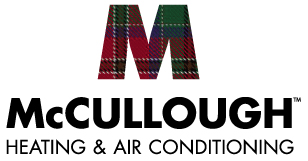4.9 Google Rating
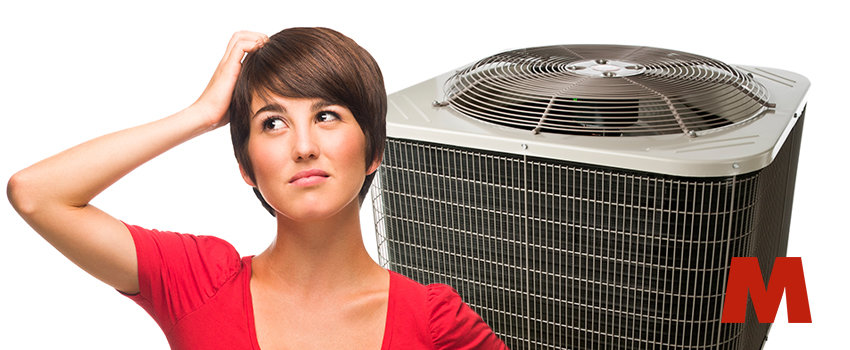
Reasons Your AC Unit Is Not Performing
An air conditioning unit is essential for comfort during the hot summer months. However, over time, you may notice that your AC isn’t keeping up with the demands of cooling your home. If your AC unit isn’t performing as it should, it can be frustrating and uncomfortable. Several factors can contribute to poor AC performance, ranging from issues with the system itself to problems with the surrounding environment. In this blog, we’ll explore some of the most common reasons why your AC unit may not be performing, and what you can do about it.
1. Incorrect Unit Size
One of the most overlooked issues affecting an AC unit’s performance is its size. If your unit is too small for the space it’s trying to cool, it will struggle to maintain a comfortable temperature. On the other hand, an AC that is too large can cool the space too quickly, causing the system to cycle on and off more frequently, which leads to uneven cooling and higher energy bills.
If you’re noticing that your home has hot spots or the system is constantly running but never quite reaching the desired temperature, it could be a sign that your AC unit isn’t the right size for your home. The right unit size is critical for optimal performance, energy efficiency, and longevity of the system. McCullough Heating & Air Conditioning can help you assess whether your current system is appropriately sized for your home’s needs.
2. Fan Speed Issues
The fan in your AC unit plays a key role in distributing cool air throughout your home. If the fan speed is too slow, it won’t circulate enough air to properly cool your space. On the flip side, if the fan speed is too high, the air might not be cooled effectively before being distributed, resulting in an uncomfortable indoor temperature.
Fan speed issues can be caused by a malfunction in the AC’s settings or problems with the fan motor. If you notice that air isn’t moving through your vents as forcefully as it used to or if the airflow feels weak, it’s worth checking the fan speed settings on your thermostat or having a professional from McCullough Heating & Air Conditioning take a closer look. Adjusting the fan speed might be a simple fix, but it can make a big difference in your home’s comfort.
3. Leaking Air Ducts
Your air ducts are the pathways that distribute cooled air from your AC unit throughout your home. If those ducts develop leaks, the cooled air can escape before it reaches its intended destination, which means your system has to work much harder to achieve the same result. Leaking air ducts can lead to uneven cooling, higher energy bills, and increased wear and tear on your system.
Signs of leaking air ducts include rooms that are consistently warmer than others, excessive dust, and a noticeable increase in your energy bills. Over time, duct leaks can cause significant energy loss, reducing your system’s efficiency by up to 30%. A professional inspection can identify leaks in your ductwork and seal them to ensure optimal AC performance.
4. Refrigerant Leaks
Your air conditioner relies on refrigerant to cool the air. When there’s a leak in the refrigerant lines, your AC unit won’t have enough of the substance needed to cool the air effectively. Refrigerant leaks can also lead to other problems, such as frozen coils or damage to the compressor, both of which are costly to repair.
If you suspect a refrigerant leak, it’s important to address it quickly. Some signs include hissing sounds coming from the AC, weak airflow, or air that isn’t as cold as it should be. Since refrigerant leaks can be harmful to both your health and the environment, it’s best to leave the repair to licensed professionals like those at McCullough Heating & Air Conditioning.
5. Thermostat Malfunction
Sometimes, the issue isn’t with the AC unit itself but with the thermostat controlling it. A malfunctioning thermostat can cause your system to run inefficiently or not run at all. If your thermostat is outdated or not calibrated correctly, it might send inaccurate temperature readings to your AC system, causing it to either overwork or underperform.
Upgrading to a smart thermostat can offer more precise control over your system and help you achieve better energy efficiency. A smart thermostat also allows you to create schedules and control your home’s temperature remotely, making it easier to manage your cooling needs.
6. Clogged Air Filters
Air filters play an important role in maintaining indoor air quality and ensuring that your AC system operates efficiently. When air filters become clogged with dust, dirt, and debris, they restrict airflow, forcing your AC unit to work harder to cool your home. This extra strain can reduce efficiency and even lead to system breakdowns over time.
To avoid this, be sure to replace your air filters regularly. Most manufacturers recommend changing the filter every one to three months, depending on how often you use your AC and whether you have pets or allergies. Keeping a clean filter in place can drastically improve your unit’s performance and prolong its life.
7. Dirty Condenser Coils
The condenser coils in your AC unit are responsible for releasing the heat that has been absorbed from your home. When these coils become dirty, they can’t effectively release heat, which forces your AC unit to work harder and reduces its overall efficiency. Over time, dirty condenser coils can even cause the unit to overheat and shut down.
Regular maintenance is key to keeping your condenser coils clean and your AC running smoothly. If you’re unsure how to clean them or suspect they’re dirty, McCullough Heating & Air Conditioning can help with professional cleaning services to get your unit back to peak performance.
8. Aging AC Unit
If your AC unit is over 10 to 15 years old, it may simply be time for a replacement. Over time, even the best-maintained systems will start to lose efficiency and struggle to keep up with cooling demands. An aging unit will often require more frequent repairs and become less energy-efficient, costing you more in the long run.
If you’re facing frequent issues with your older AC system, it might be time to consider upgrading to a newer, more energy-efficient model. Modern units are designed to be more environmentally friendly, consume less energy, and offer improved cooling performance. McCullough Heating & Air Conditioning can help you choose the right system for your home and ensure it’s installed correctly.
Conclusion: Contact McCullough Heating & Air Conditioning for All Your Cooling Needs
If your AC unit isn’t performing as it should, don’t wait until you’re stuck in the heat. From checking unit size to sealing leaking air ducts, McCullough Heating & Air Conditioning has the expertise to identify and resolve your cooling issues. Whether it’s a quick repair or a full system replacement, our team is ready to help.
Contact us today for all your heating and cooling needs and to ensure your home stays comfortable all year long.
Recent News
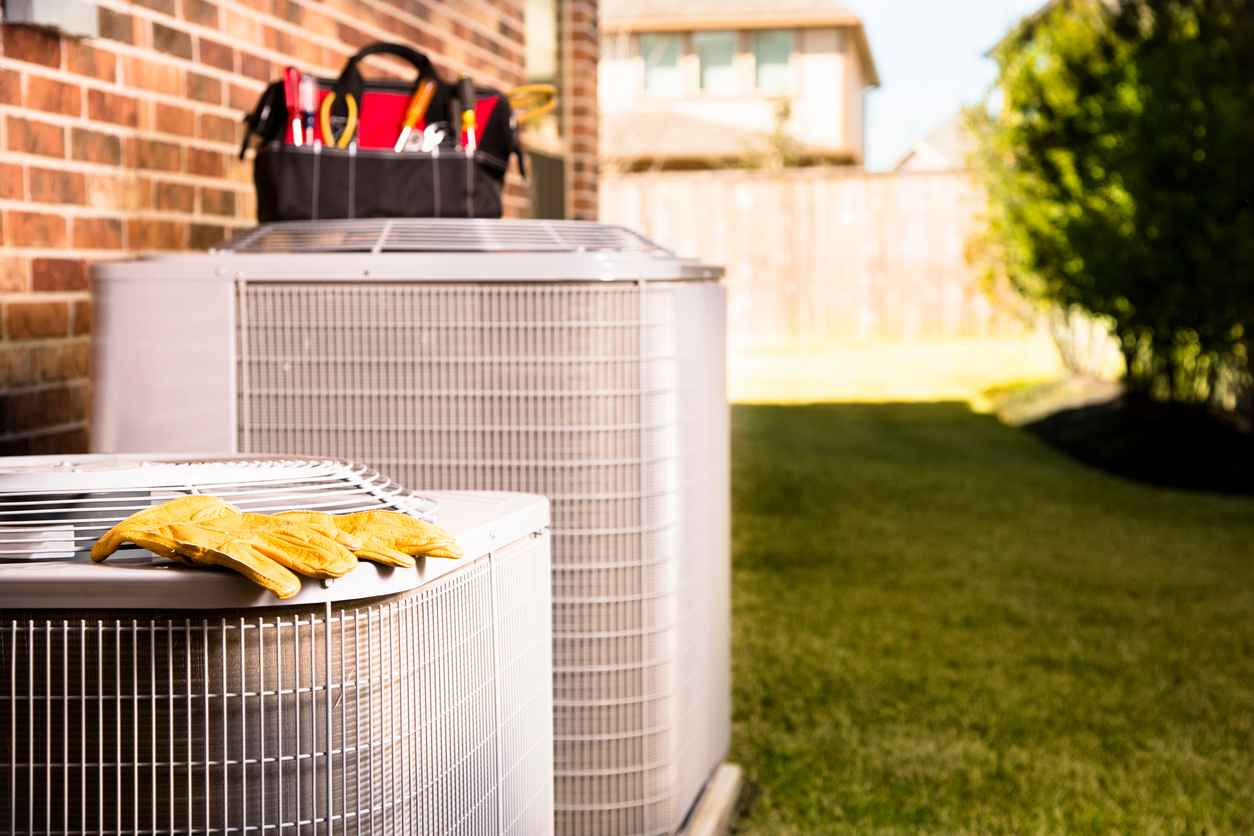
BIG Changes to Federal HVAC Tax Credits: What Austin Homeowners Need to Know Before the End of 2025
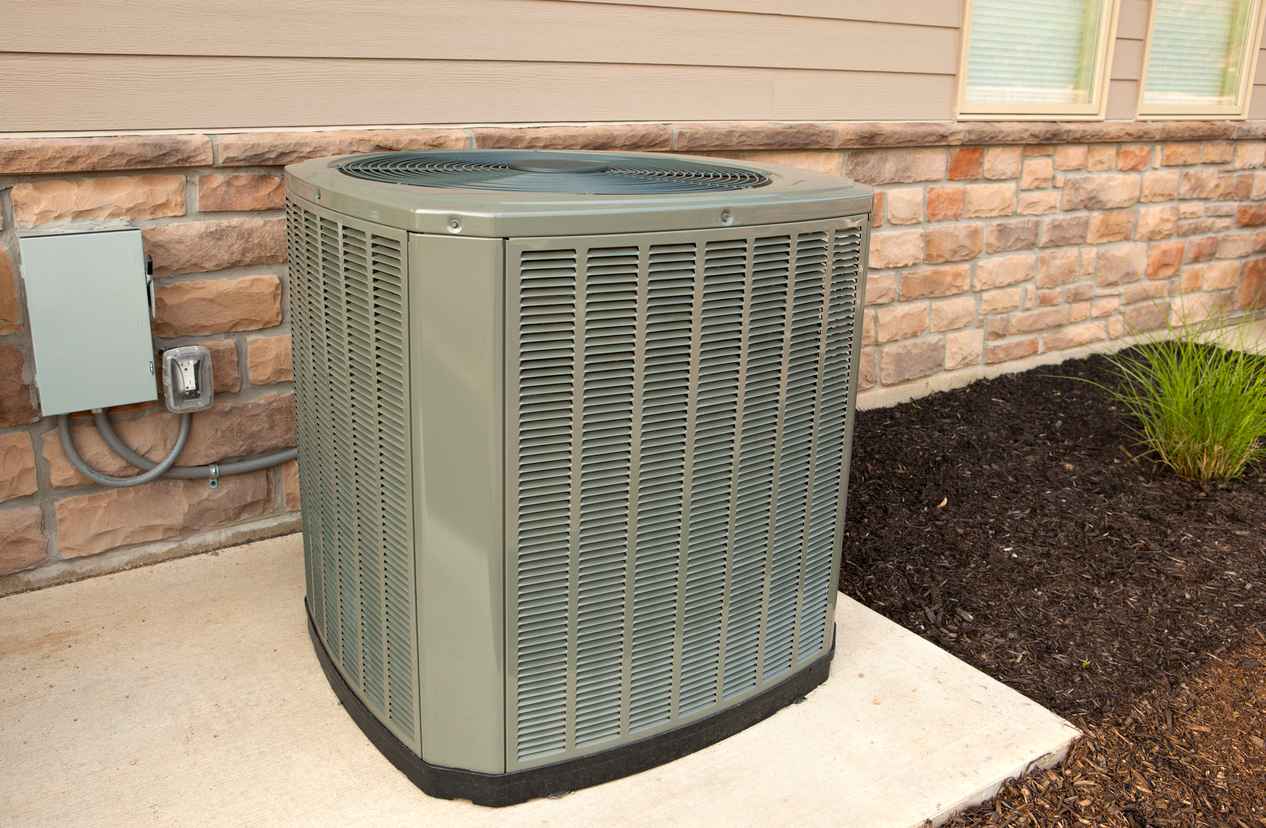
Why Is My Heat Pump Not Turning On?
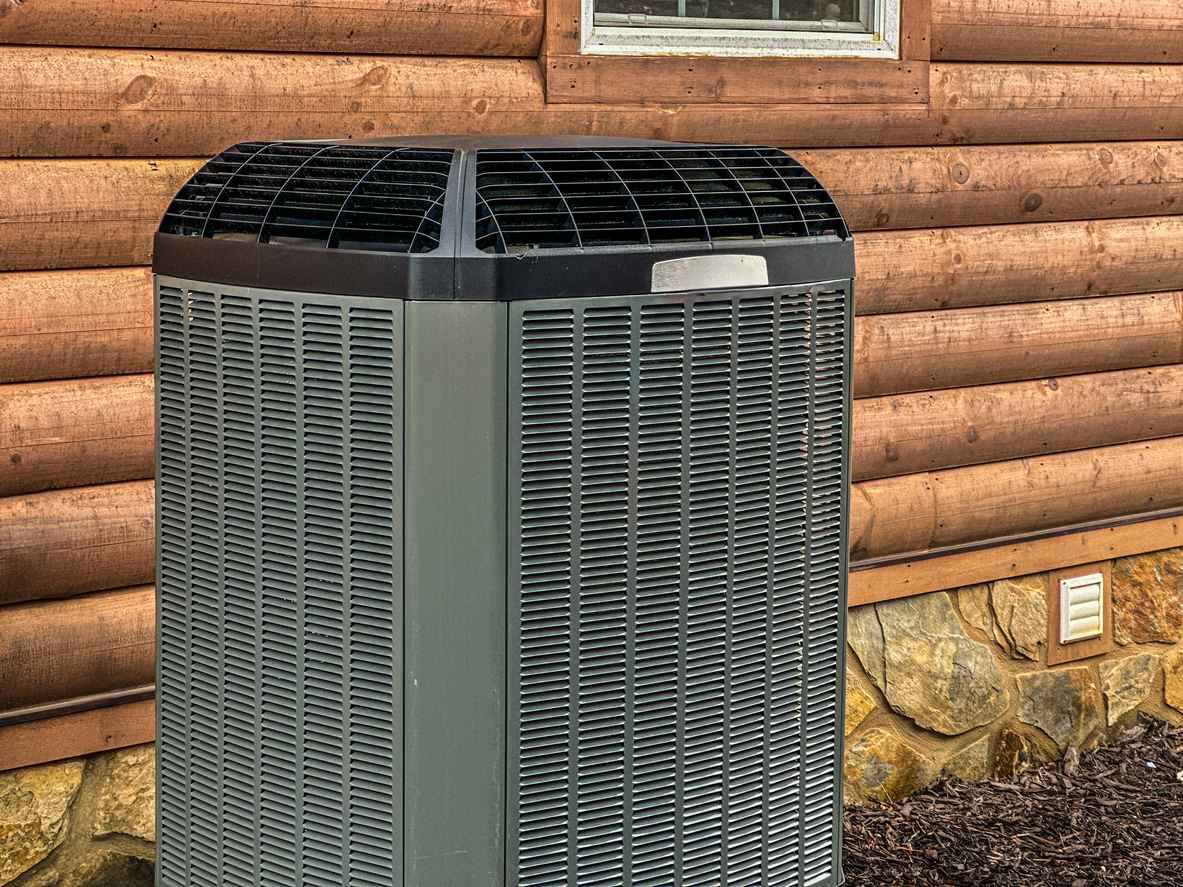
Local Matters
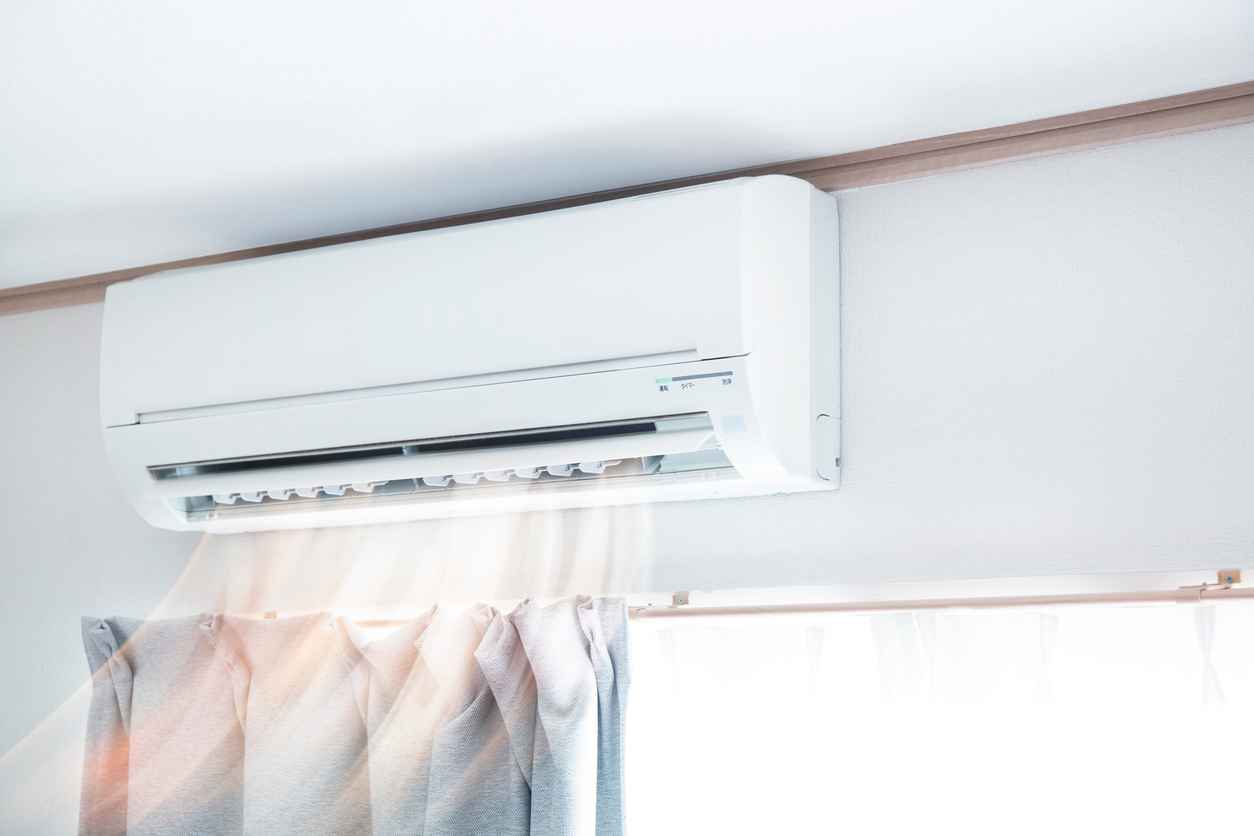
What Is a Ductless Mini Split?
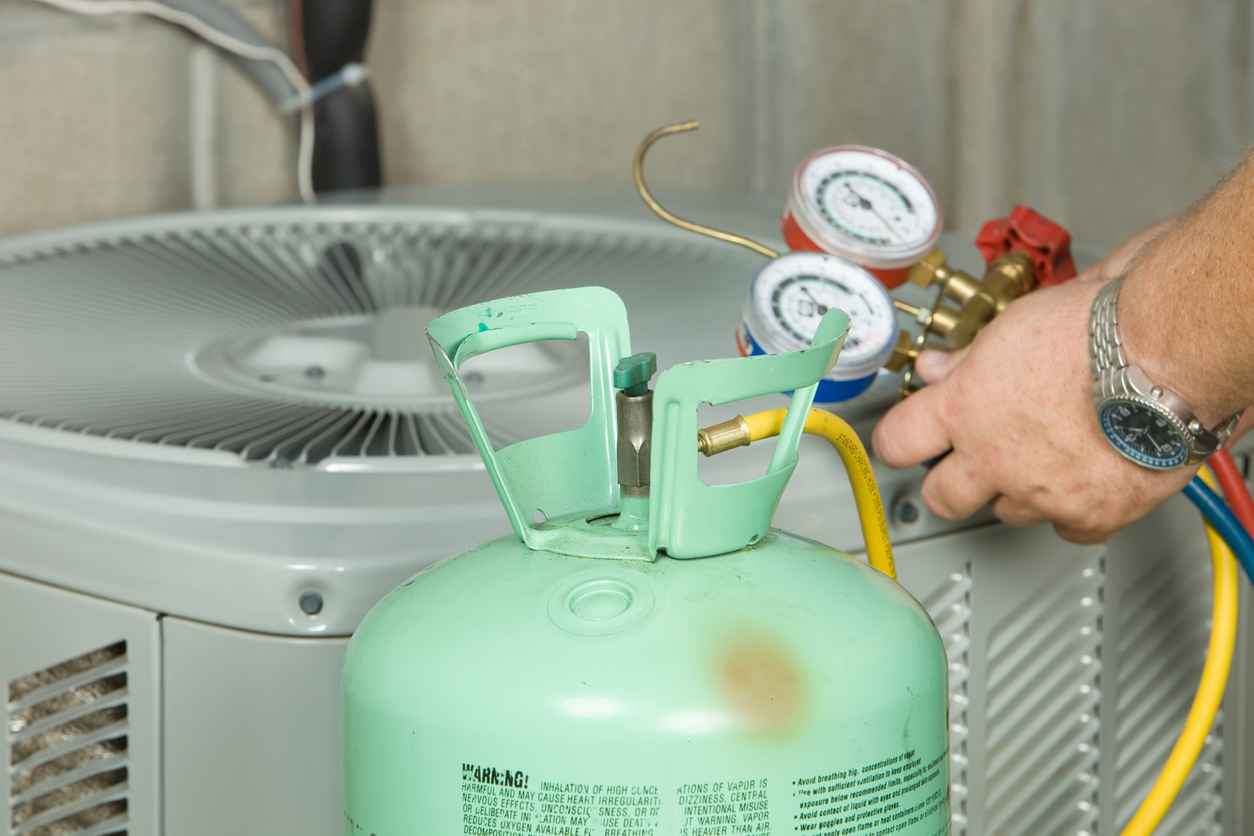
Understanding the 2025 HVAC Refrigerant Mandate: What Austin Homeowners Need to Know
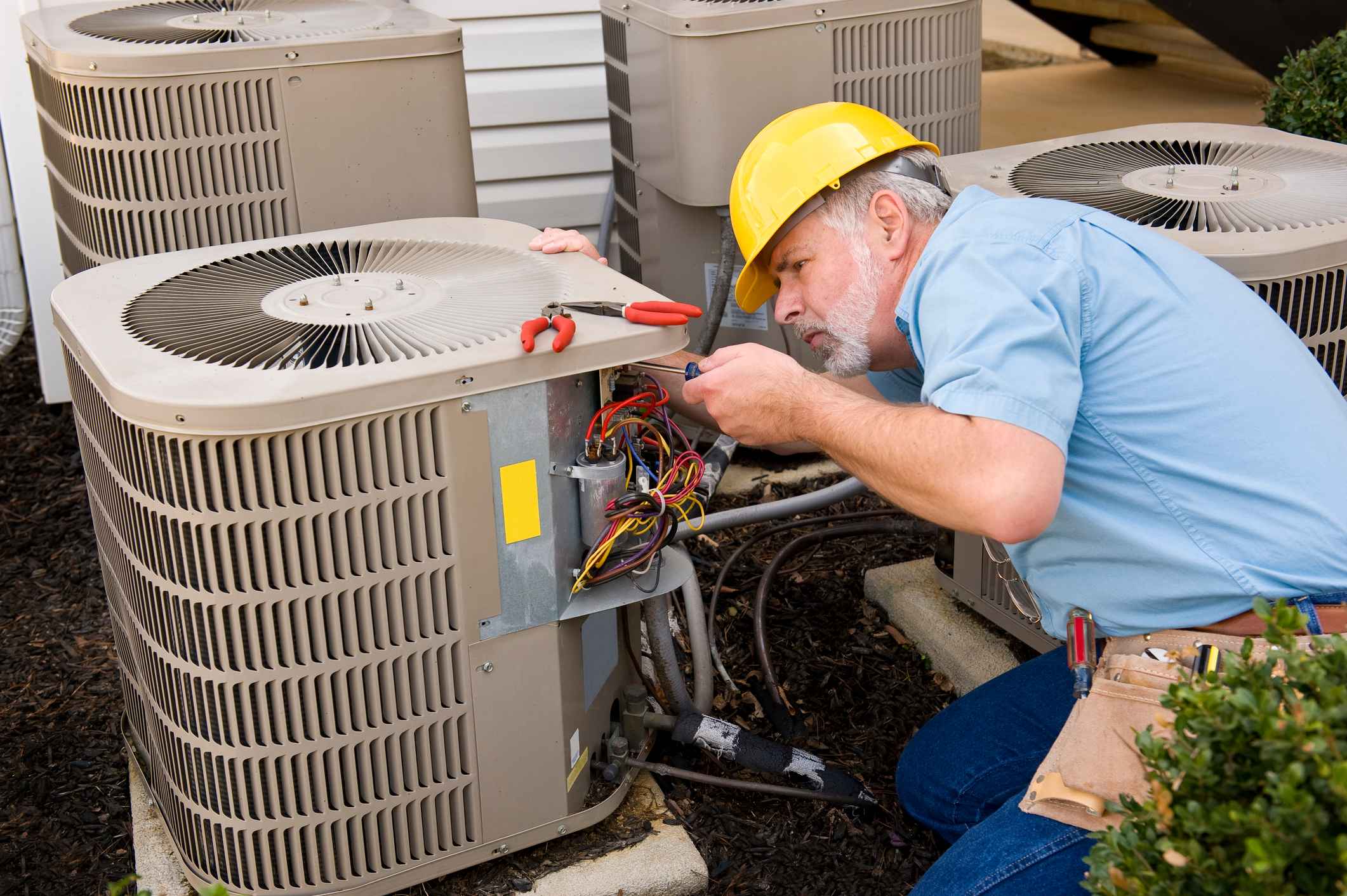
Why Spring 2025 Might Be the Smartest Time to Replace Your AC System


